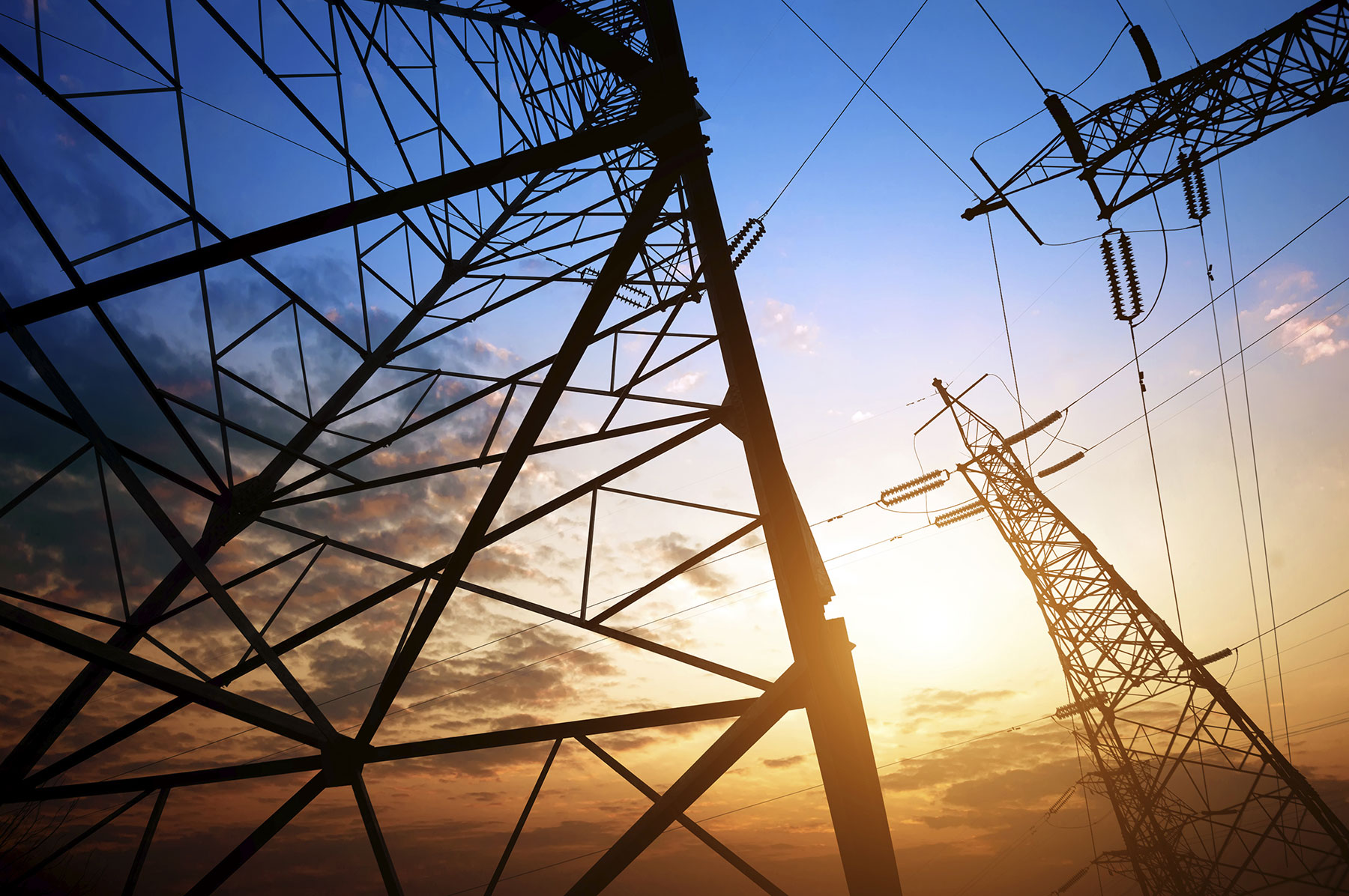Net-Zero Transition – Latest signals of change (25.06.21)
We Mean Business Coalition
Here are just some of the signals of change from the past week, demonstrating the transition to a resilient and inclusive net-zero economy is accelerating.
Net-Zero Economy
The European Parliament has approved a law to make the EU’s GHG emissions targets legally binding, while the European Banking Authority has set out recommendations for banks to have a 10-year plan spelling out how they will deal with environmental, social and governance risks to their bottom line. 168 asset managers and financial institutions from 28 countries have signed up to support CDP’s campaign demanding that 1,320 companies make their disclosures about environmental risks clearer. The US Securities and Exchange Commission is preparing to require public companies to disclose more information about how they respond to threats linked to climate change. The UK financial regulator has outlined plans to extend climate reporting requirements to most UK listed companies as well as domestic asset managers. France has published a new set of binding targets that require investors to declare how green their assets are and set greenhouse emissions goals every five years. The IMF has said that agreement by some or all of the G20 countries on a flexible global carbon price floor would help limit global warning to below 2°C. Royal London, one of the largest asset pension providers in the UK, has committed to at least halving CO2 emissions across its entire investment portfolio by 2030. Belgium’s failure to meet climate targets breaches civil law and the European convention human rights, a Brussels court has ruled. And UN secretary general Antonio Guterres has said that the success of COP26 will depend on a breakthrough in financial contributions from rich countries and that the pledge to provide $100bn per year to help poorer countries was a “vital commitment”.
Net-Zero Energy
RE100 companies, committed to going 100% renewable, now have a greater collective electricity demand than either the UK or Italy. A new IRENA report shows almost two-thirds of wind and solar projects built globally last year will be able to generate cheaper electricity than coal, suggesting replacing the world’s 800GW of coal-fired power plants with renewables could save up to $32.3bn and contribute to roughly 20% of the emission reductions needed to limit global warming to 1.5°C. Ikea has launched a new supplier program that will allow its 1,600 suppliers to consume 100% renewable electricity in their production. NTPC, India’s largest power generator, has nearly doubled its renewable energy target to 60 GW by 2032, accelerating a shift away from coal. Japan has pledged to offer $10bn financial aid for decarbonization projects in Asia to help with the energy transition. South Korea’s three major non-life insurers have said they will no longer cover new coal power projects, including their construction and operation. Bangladesh has approved the scrapping of 10 coal-fired power plants with a combined capacity of more than 9 GW. The Ikea Foundation and the Rockefeller Foundation will each donate $500m to support distributed renewable generation projects in developing nations. And new analysis on the future of the UK’s energy system suggests the transition to a net-zero emission energy system may require just $19.4bn of additional investment a year.
Net-Zero Transport
Swedish automotive group AB Volvo had its 1.5ºC science-based target approved. Major businesses from the Climate Group’s EV100 initiative in partnership with Zero Emission Transportation Association have called for strong US emissions standards and all new-vehicle sales to be net-zero by 2030. Audi plans to only launch new all-electric car models starting in 2026 and stop manufacturing ICE vehicles by 2033. Tesla has opened its first charging station in China that includes its own solar and energy storage facilities. Electrifying heavy trucks used for short-haul deliveries in the US could be achieved without upgrades to electrical substations, a new paper suggests. The UK’s aviation sector will pledge to reduce its emissions by 15% in 2030 and 40% in 2040, compared to 2019 levels.
Net-Zero Built Environment & Heavy Industry
UK construction company Galliford Try Holdings Plc and Japanese pharmaceutical company Takeda Pharmaceutical Company Limited have both joined the Business Ambition for 1.5°C campaign. Cement and building materials companies – respectively from Thailand and Mexico – Siam Cement Public Company Limited (SCG) and CEMEX, S.A.B de C.V. have committed to set a science-based target. Gates-Backed climate fund has invested $22m in a company that helps improve energy efficiency in homes and offices. The Welsh government is freezing new road-building projects as part of its plans to tackle the climate emergency, and an external panel will review all proposed schemes.
Net-Zero Land
Irish dairy processor Glanbia Ireland DAC has committed to set a science-based target, while Irish nutrition company Glanbia PLC had its target approved. UK fast food company BKUK Group Ltd has joined the Business Ambition for 1.5°C campaign. Target has launched Target Forward, a new sustainability strategy focused on restoring and regrowing natural systems. Combining solar power and microbes – which are then processed into dry protein powders – could produce 10 times more protein than crops such as soya beans, according to a new study. Gabon has become the first African country to receive payment for reducing carbon emissions by protecting its rainforest. Russian forests play an even more important global role in carbon sequestration than previously thought, with the amount of carbon they have sequestered since the late 1980s nearly 50% higher than previously reported. The UK could mitigate 1.64bn tons of CO2e by 2120 using a national planning strategy of commercial forests.

